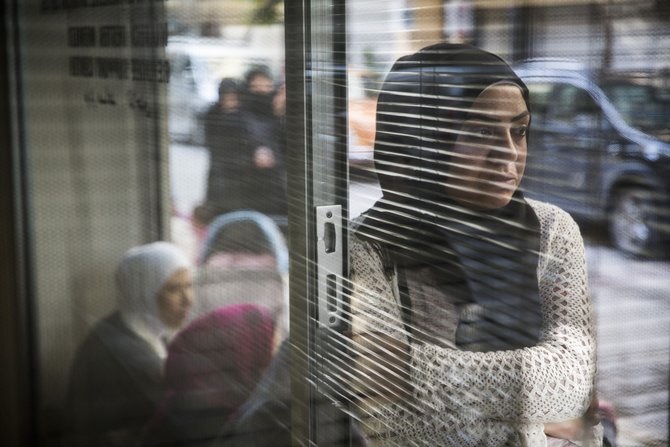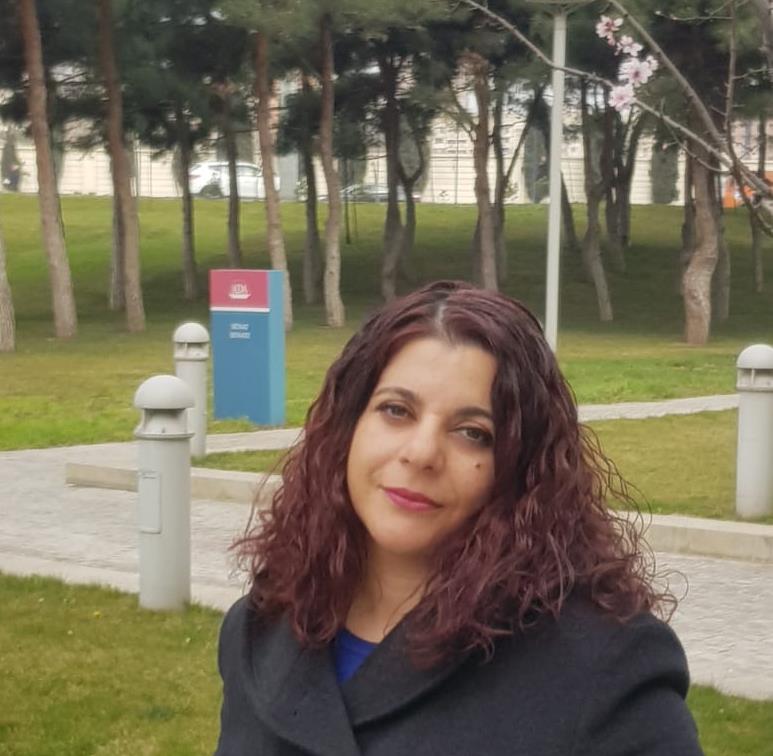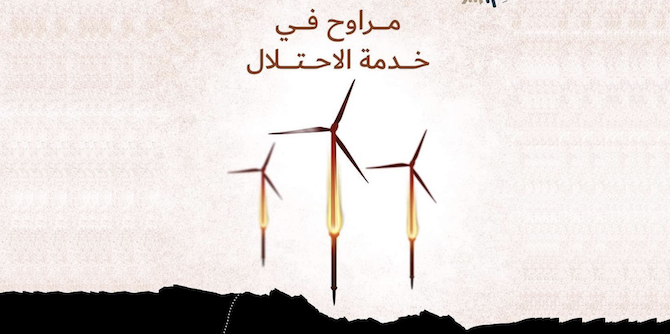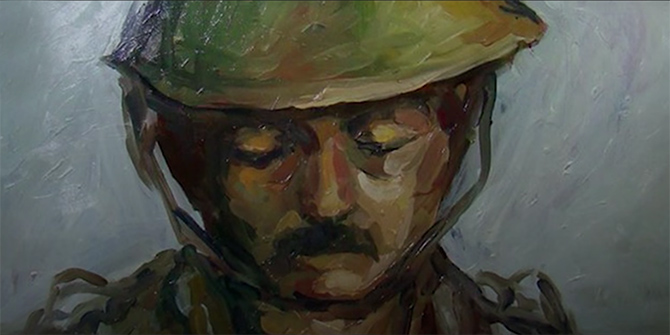by Umut Ozkaleli

Refugees go through various journeys; some leave the home country with their whole family while others leave by themselves. Some find financial and educational opportunities in the host community while others have very little access to resources that satisfy their basic needs. The growing literature on refugee resilience requires close analysis of the different positionalities that refugees embody.
How do we locate the agency of pious and widowed refugee women within the broader changes in their family and social structures? Do we consider their everyday survival, strength to endure adverse situations, and hopes for returning to Syria as resilient agency? The etymology of “resilience” is “to rebound, recoil; to jump (leap) back.” In this sense, the experiences of losing loved ones, seeing one’s home destroyed, and being displaced for an indefinite time, are not easy to ‘rebound’ from. Resilience is also defined as “good psychological functioning or outcome despite suffering risk experiences or stress that would be expected to threaten adaptation or development or cause future psychological distress.”
I interviewed twelve Syrian refugee women who had lost their husbands to the Syrian civil war. After being displaced, they lived in Gaziantep, Turkey, just an hour drive from their former Aleppian homes. Gaziantep hosts close to 400.000 Syrian refugees who make up 20% of the city’s population. The families of the twelve interviewed women were fragmented; they had relatives still living in Syria, some across Turkey and in other countries. I interviewed most of them during the holy month of Ramadan while they were fasting. They almost unanimously agreed that their losses were more acutely felt during this time, as it was difficult to celebrate the holy month without their loved ones and their husbands in particular. The women all had children and were adjusting to being a single parent.
Surviving in a host community where the language and the cultural practices were different required resilience. The women found it challenging to meaningfully communicate with the host community. Najlaa had never left Aleppo before becoming a refugee, considered Turkish a difficult language, and claimed she did not know how to deal with people. There were also tensions between the host society and refugee populations over issues of resource distribution. While claiming that many people within the host community were kind, Yasemin, another Syrian refugee woman, expressed difficulty in dealing with locals as well, noting that some of them treated Syrians poorly and name-called them. The women also highlighted differences between everyday Islamic practices in Gaziantep (including the dress code) and the home culture they were accustomed to. Salwa, another interviewee, explained that witnessing the discriminatory attitudes towards women who wear the niqab made her want to return to Syria even more. On the other hand, Malak, who wore her hijab the way Turkish women did, described a more pleasant experience in adapting to the new social setting; she liked learning Turkish, was happy putting the language to use while shopping, and enjoyed the host community’s positive feedback on her efforts to do so. Still, she mentioned how she deeply missed home.
Despite the grief they endured, the interviewed women explained how their strength stemmed from their religious beliefs and their responsibility towards their children. However, we must question whether we romanticise the concept of resilience by overlooking the women’s own psychological wellbeing and focusing predominantly on their ability to create better outcomes for their children. When they do not manage to successfully break the poverty cycle, are they no longer considered resilient? We must reflect on the dangers of constantly boxing women in positions of victimhood, while expecting them to “bounce back” despite the impossibility of going back to their life before displacement and widowhood.
Communal and institutional support mechanisms that create freedom from violence and structural inequalities are integrated into the concept of resilience. Through the recognition of the role of community and policy making, resilience is not seen as a personal trait whereby individuals are pressured to demonstrate personal strength when facing adversity. While women’s personal narratives in my fieldwork show the importance of community resilience (due to their belonging to religious communal networks), their personal experiences vis-à-vis their networks vary. Although the interviewed women and their children were provided with housing, they lacked the necessary support mechanisms to address the structural inequalities and everyday hardships they faced. Some interviewees wished for job opportunities to afford rent, experience more freedom, and lead more independent lives with their children in Turkey. Yet, the lack of financial opportunities to provide for themselves and their families remained a daily challenge. For some, it was not about where or with whom they lived in Turkey. Even though Salwa lived amongst many Syrians in Gaziantep for example, she argued that “homesickness is sad and difficult. Despite being surrounded by a lot of Syrians [in Turkey], you miss your country, your land, memories, and the love stories that you lived.”
Women’s agency needs to be understood in a way that not only takes women’s own positionality into account but also their spatial and temporal experiences in relation to the social context they live in. Relational pragmatics considers the dynamic nature of human agency, paying attention to how past experiences and future expectations inform and shape judgment in the present moment. This dynamic process of past, future and present moves us away from thinking of agency as only transformative, subversive, resilient or resistant but rather a dynamic process that could involve one or all elements simultaneously or at different times. For the interviewed Syrian refugee women, their interactions, the meanings they attribute to their past, and their expectations of the future, define the ways in which their agency manifests in the present.
Umut Ozkaleli is Assistant Professor at ADA University, Baku-Azerbaijan. Her latest work focuses on Syrian refugees who were living in Gaziantep, Turkey during 2015 and 2016. It looks at the transborder re-making of social interactions, the everyday becoming of refugees, and their articulations of agency in the host country. Her other works include a critical engagement with gender mainstreaming in different cultural settings through the use of intersectionality as a framework. Umut’s work also explores the ways in which patriarchal nationalisms are perpetuated through the silencing of Turkish Cypriot women’s war memories. She tweets at @umutozkaleli
is Assistant Professor at ADA University, Baku-Azerbaijan. Her latest work focuses on Syrian refugees who were living in Gaziantep, Turkey during 2015 and 2016. It looks at the transborder re-making of social interactions, the everyday becoming of refugees, and their articulations of agency in the host country. Her other works include a critical engagement with gender mainstreaming in different cultural settings through the use of intersectionality as a framework. Umut’s work also explores the ways in which patriarchal nationalisms are perpetuated through the silencing of Turkish Cypriot women’s war memories. She tweets at @umutozkaleli
This blog post and others in the series are based on presentations during a conference organised by the LSE Middle East Centre on 7–8 March 2019, titled ‘Between Institutional Resilience to the Syrian Refugee Crisis and the Resilience of Syrian Refugees’.
In this series:
- Questioning Dominant Refugee Narratives and Research Methodologies by Yasmine Kherfi
- Contested Meanings of Resilience Building: How Great Expectations in Brussels are Dashed in Beirut by Tamirace Fakhoury
- Three Years of the Jordan Compact: The (Gendered) Challenges of Providing Work Permits for Syrian Refugees by Lewis Turner
- Between Vulnerability and Resilience – ‘Refugeeness’ as Political Subjectivity by Jouni Häkli and Kirsi Pauliina Kallio
- Why Ethnography is Important for Refugee-related Research by Sarah A Tobin





